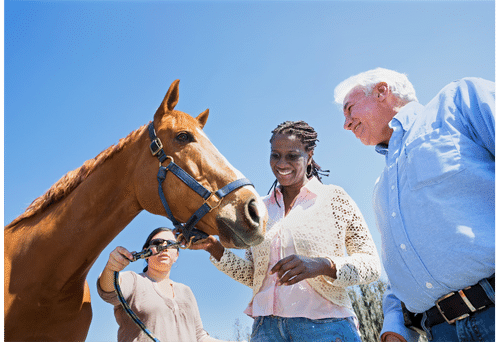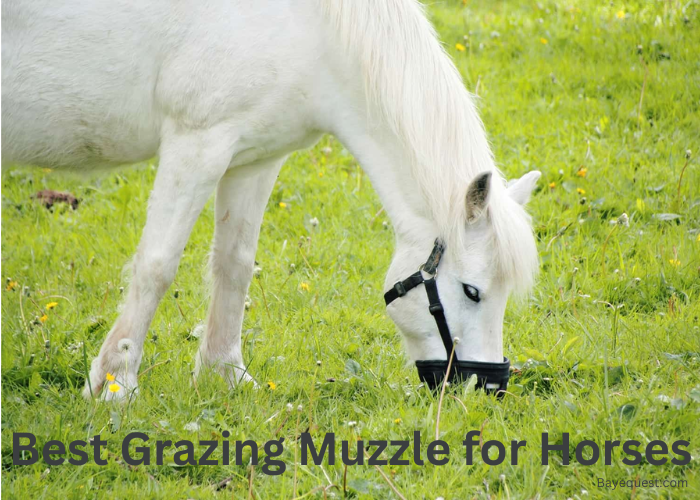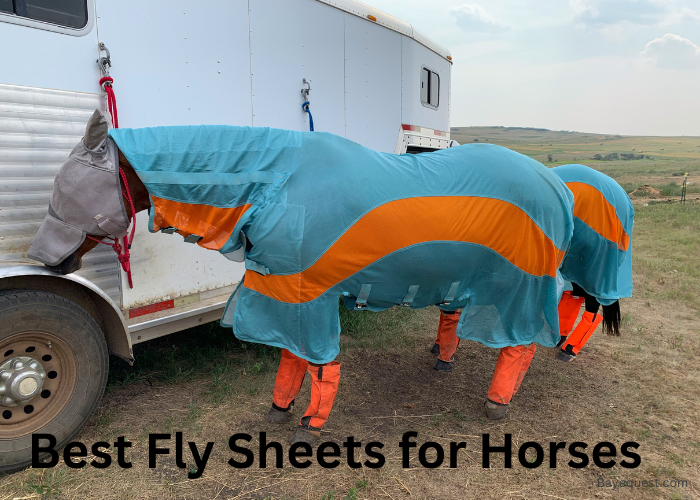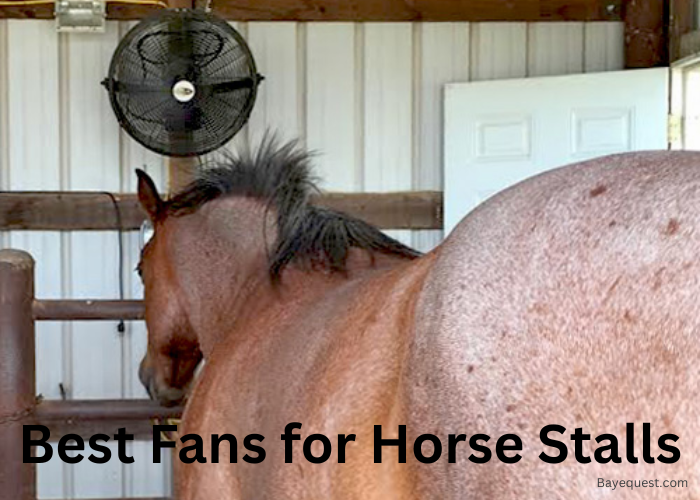Did you know owning a horse costs more than $3,000 a year? I’ve spent years learning all about buying horses.
In this article, I’ll share the key questions you must ask. This will help you make a smart choice, whether you’re new to this or have been around horses for a while.
I’ll make sure you know what to expect and how to avoid common mistakes.
Who Can Answer My Questions When Buying A Horse?
- Current Owner or Seller: Your primary source for most things. They can share the horse’s history, habits, and health details. It’s like having the inside scoop.
- Veterinarian and Farrier: The health experts. Vets monitor overall health, spot issues, and know the medical backstory. Farriers, crucial for hooves, can inform you about foot troubles or special shoe needs.
- Trainer or Riding Instructor: Your riding guides. They’ll assess if the horse matches your skills and style. Plus, they understand training levels and how the horse behaves during learning.
- Breeder and Equine Nutritionist: Consult the breeder for young or specific breed interests. They’re knowledgeable about the horse’s lineage and potential. Nutritionists specialize in diet, essential for horses needing special food or supplements.
- Other Horse Owners, Equine Lawyer, Appraiser, Behaviorist: Fellow horse owners provide real-life wisdom. Lawyers handle legal aspects. Appraisers determine if it’s a good deal. Behaviorists solve puzzling behaviors. Each contributes a piece to the puzzle.
Interesting read: What to Look for When Buying a Horse.
Fundamental Inquiries for Horse Buyers
- How long has this horse been with you?
- What’s the reason for selling?
- Does the horse have any bad habits?
- Is it a leader or a follower?
- Is the horse registered?
- Can you describe their horse personality traits?
- Is the horse friendly or shy?
- Do you know its full history?
- Where did you purchase the horse?
- Are there any flaws in its build?
- Who are its sire and dam?
- Have you ever leased this horse? (Read also: Horse leasing price.)
- How does it handle grooming and vet visits?
- What kind of training has it had?
- Any health issues or past injuries?
Health
- Ever had an injury?
- Ever been sick?
- Ever had a full vet check?
- Gets shots every year?
- What shots do they get?
- Do you deworm them regularly? (Read also: How Often Do You Deworm a Horse?)
- What dewormer do you use and when?
- When’s the last time they saw a vet?
- Who’s your vet?
- Ever been hurt or not cared for right?
- Any allergies?
- Ever had foot or leg troubles?
- How are their teeth?
- Ever had breathing issues?
- How’s their eyesight?
- Any skin problems before?
- Any issues with joints or muscles?
Riding Questions
- What kind of rider suits them best?
- How often do they get ridden?
- When was their last ride?
- Have they competed in shows?
- How have they performed in competitions?
- What riding style are they best at?
- How do they behave on rides out?
- Can they handle natural obstacles?
- Are they calm in traffic?
- Ever bucked, bolted, or reared?
- What bit do you use with them?
- Have they done jumping?
- Comfortable riding alone or with others?
- Who usually rides them?
- Who has trained them?
- Any training challenges?
- Ridden indoors before?
- Need strong commands?
- Hard to fit a saddle on them?
- Require special gear?
- How do they react to different terrains?
- Are they responsive to commands?
- Respond well to specific riding techniques?
- How do they manage on long rides?
- Good with new riders?
Training
- Loads into a trailer without trouble?
- Familiar with different trailer types?
- Easy to catch in the field or barn?
- How much groundwork have they had?
- Need a firm hand when handling?
- Experienced with lunging?
- Used side reins or other aids in training?
- How do they react to being corrected?
- Trained using Natural Horsemanship methods?
- Any gaps in their training?
- How do they cope with pressure?
- Anything they might do that’s unexpected?
- Do they get anxious away from other horses?
- What kind of halter works best for them?
- How are they with new training environments or situations?
Care
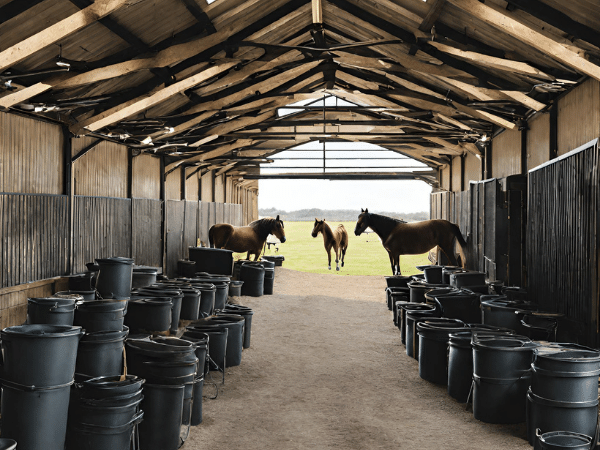
- Where do they currently live?
- Friendly with other horses?
- Ever used a blanket on them?
- Last dental check-up?
- Experience with being clipped?
- Comfortable with baths?
- Size of their usual outdoor space?
- Spent time near other animals?
- Ok with mane pulling or braiding?
- Adapts easily to new places?
- Calm when tied up?
- Used to which climate?
- Tolerant of fly spray? (Read also: Methods of Getting Rid of Horseflies.)
- How do they react to changes in routine or care?
Feeding
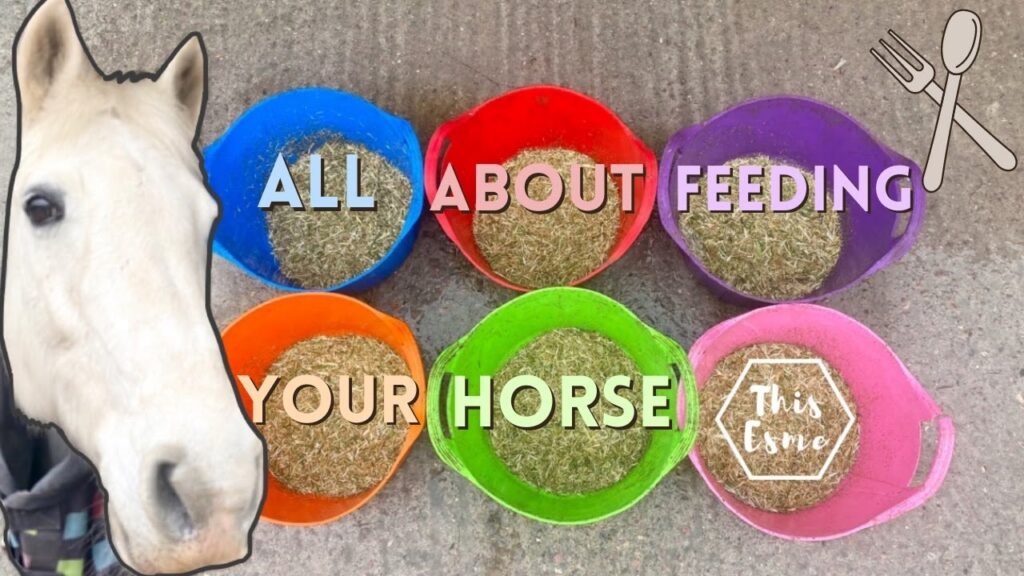
- What’s their current feed and any extras?
- Hard for them to keep on weight?
- They eat solo or with the group?
- They get to graze outside?
- How many meals a day?
- What’s their feed routine like?
- Any past feeds they’ve had?
- Any food doesn’t sit well with them?
- How they take to diet switches?
- Got any special food needs?
Hooves
- Hooves trimmed often?
- They wear shoes?
- Needed special shoes before?
- Who’s your hoof person?
- Ever had hoof inflammation?
- Been lame at any point?
- Hooves crack much?
- Extra care for their hooves?
- How are their hooves, generally?
- Any past hoof problems?
Breeding
- Ever been bred before?
- Had a live foal?
- Any birth complications?
- How was she mated?
- Which stallion was she paired with?
- Any breeding attempts that didn’t work out?
- Any problems with her reproductive health?
- Is she calm around foaling time?
- How does she do with weaning?
- Can you see her past foals?
- Any genetic issues in her line?
- Approved for breeding by any groups?
- Can her foals be registered?
- How many times has she been bred?
- Any specific breeding strategies used?
- How does she interact with her foals?
- History of twins or single births?
- Any special care needed during her pregnancy?
- How long does she take to conceive?
- Any routine health checks during pregnancy?
- Her general health post-pregnancy?
- Any behavioral changes during pregnancy?
- Success with artificial insemination?
- How’s her fertility history?
- Any known hereditary traits in her foals?
Social Behavior and Interaction
- How does the horse behave around new people and animals?
- What is the horse’s reaction to unusual or loud noises?
- How does the horse interact with other horses in various settings (e.g., during feeding, resting, or playing)?
- Is the horse used to being handled by children or less experienced riders?
Key Clues and Meanings in Fundamental Horse Buying Inquiries
When conducting fundamental inquiries for horse buyers, observing both the responses and the horse’s behavior is crucial. Here are some clues and interpretations:
Length of Ownership & Reason for Selling: Short-term ownership or vague reasons for selling could indicate issues not disclosed. Seek clarity and watch for evasion.
Bad Habits: Ask for specifics. If the seller hesitates or generalizes, it might mean the horse has challenging behaviors they’re not revealing.
Dominance: Observe the horse in a herd. Dominant horses may require experienced handling, while followers might be easier for beginners.
Registration and Lineage: Unavailable or incomplete registration could affect the horse’s value and potential use in breeding or competitions.
Personality Traits: Look for consistency between the owner’s description and the horse’s behavior during your visit.
History & Previous Ownership: Inconsistencies in the horse’s history can be red flags. A well-documented history is a good sign.
Physical Flaws: Ask a vet to examine any mentioned flaws. Some may be manageable, while others could be deal-breakers.
Grooming and Vet Visits: Watch the horse during these activities. Difficulty or stress can indicate past negative experiences.
Training & Health: Incomplete training or undisclosed health issues can lead to unexpected costs and care challenges.
Ultimately, trust your instincts. If something feels off, it’s worth investigating further. Observing the horse, asking for demonstrations, and getting a vet check are all key steps in making an informed decision.
See: How Much Does a Belgian Horse Cost?
What Should I Do If I’m Not Satisfied With The Answers I Get?
If you’re not satisfied with the answers you receive while inquiring about a horse you’re interested in buying, it’s crucial to take additional steps to ensure you make an informed decision. Here’s what you can do:
- Seek Clarification: If a response seems unclear or incomplete, don’t hesitate to ask follow-up questions. Request specific details and examples to get a better understanding.
- Observe the Horse: Spend time observing the horse’s behavior, both during interaction with the seller and in various situations. Pay attention to how it reacts to grooming, handling, and riding.
- Request a Trial Period: If possible, ask for a trial period with the horse. This allows you to spend more time with the horse, ride it, and assess its behavior and suitability. During this period, you can seek answers to any remaining questions.
- Consult with Experts: Reach out to equine professionals such as veterinarians, trainers, or behaviorists to evaluate the horse independently. They can provide valuable insights into the horse’s health, temperament, and training.
- Consider a Pre-Purchase Exam: A pre-purchase veterinary exam is a comprehensive evaluation of the horse’s health. This can reveal any hidden issues that weren’t disclosed during inquiries.
- Get References: Ask the seller for references from previous buyers who have purchased horses from them. Speaking to these buyers can provide insights into their experiences and the horse’s history.
- Visit the Horse Multiple Times: Visit the horse on different occasions and at various times of the day. This can help you assess its consistency in behavior and health.
- Seek a Second Opinion: If you’re unsure about a particular aspect, consult with another experienced horse buyer or owner for a second opinion.
- Trust Your Gut: If something doesn’t feel right or if you have lingering doubts, it’s okay to walk away. Don’t rush into a decision that you’re not comfortable with.
Wrap up
Choosing the right horse is a big deal. It’s not just about asking the right questions. It’s about understanding each horse’s needs and history.
This article covers everything from general info to health, riding, training, and more. Talk to vets, trainers, and horse lovers for the full picture.
The perfect horse can bring so much joy. So, take your time, get to know them, and you’ll find a great partner. Remember, every horse is one of a kind.
Your journey to finding the right one is part of the adventure. Also, check out our blog, “A New Horse Owner’s Guide,” to learn what to expect after bringing your horse home.




